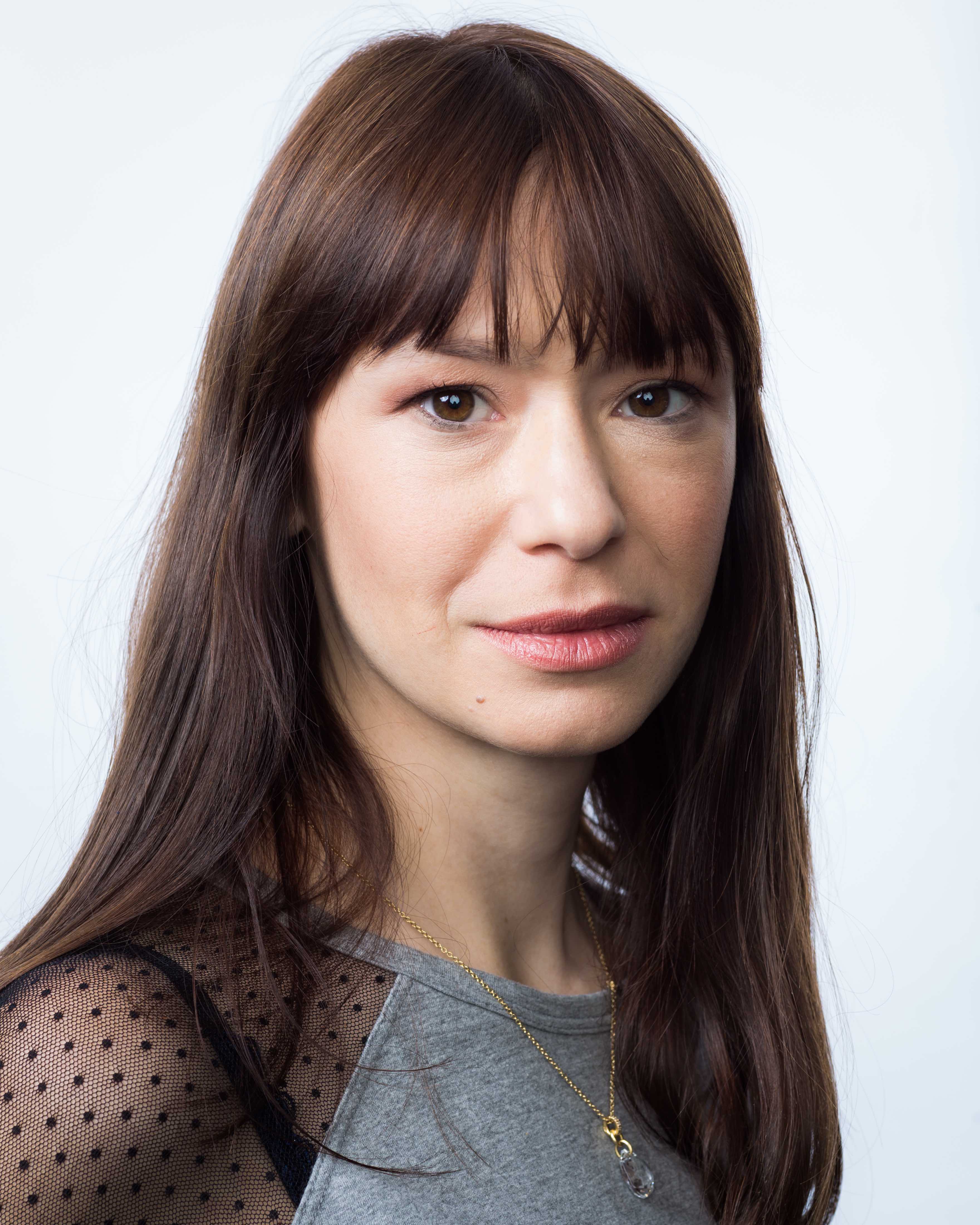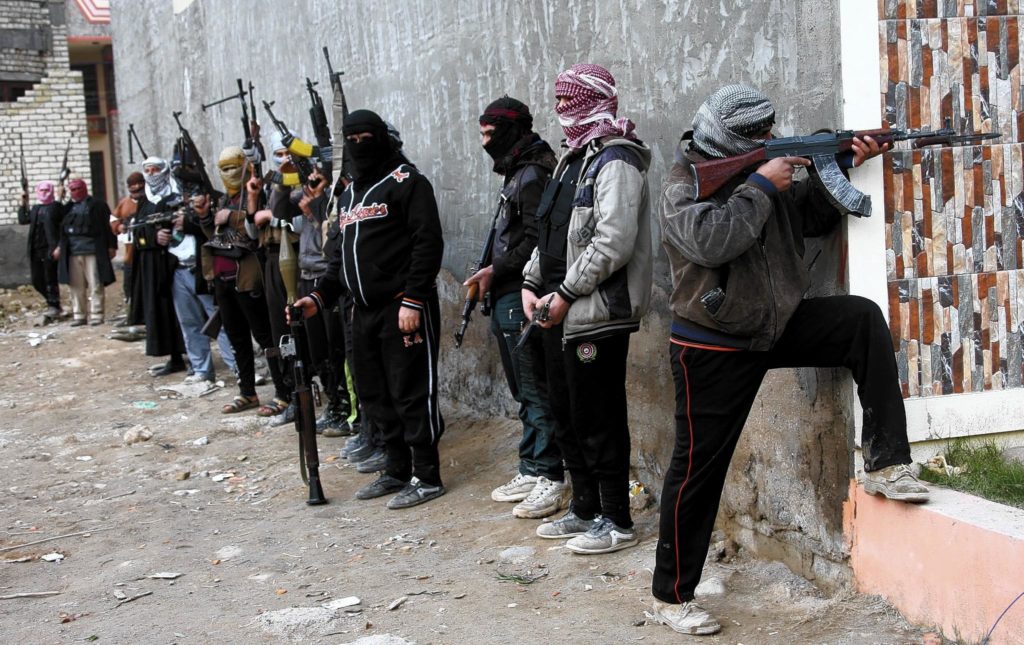MWI sits down with Dr. Benedetta Berti, researcher, author, and TED speaker to discuss the rise of violent non-state actors and how security professionals should understand them.

Dr. Benedetta Berti is a foreign policy and security researcher, analyst, consultant, author and lecturer. Her work focuses on human security and internal conflicts, as well as on post-conflict stabilization. Dr. Berti is the author of three books, including Armed Political Organizations: From Conflict to Integration. Her work and research have appeared, among others, in The New York Times, The Wall Street Journal, Foreign Affairs, Foreign Policy, and Al-Jazeera as well as in academic journals including Studies in Conflict and Terrorism, Democratization the Middle East Journal, ORBIS and Mediterranean Politics.


